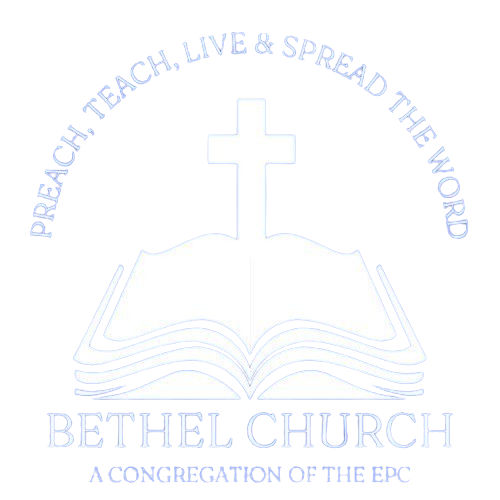For Glory and Joy - Part 2
A Devotional based on the Westminster Shorter Catechism Lord’s Day 5
Q. 11. What are God’s works of providence?
A. God’s works of providence are, his most holy, wise, and powerful preserving and governing all his creatures and all their actions.
Q. 12. What special act of providence did God exercise toward man in the estate wherein he was created?
A. When God had created man, he entered into a covenant of life with him, upon condition of perfect obedience; forbidding him to eat of the tree of the knowledge of good and evil, upon the pain of death.
When we affirm the Providence of God, we confess our belief that God provides for, or governs His creation. God is not, as the Deists taught, the great clockmaker who created the universe, set all things in motion, but has since been completely removed from creation. Our God is personally involved in the preservation and salvation of His creation. You need look no further than the incarnation of Christ to see this truth. The word provision literally means to look (visio) ahead (pro). Stu Weber, in his book Tender Warrior, sees this attribute of God to be like that of a scout on the wagon train, always looking ahead, blazing the trail, watching for hidden dangers, and preparing the people for what is to come.
The catechism teaches today that God’s providence preserves and governs His creation. This is seen most notably in the fact that, after creating man, God entered into a covenant relationship with His creation, establishing the conditions and promises of the covenant. Through the covenant, God provided boundaries and blessings for all of humanity; that is, God R. C. Sproul writes, “The central point of the doctrine... is the stress on God’s government of the universe. He rules His creation with absolute sovereignty and authority. He governs everything that comes to pass, form the greatest to the least. Nothing ever happens beyond the scope of his sovereign providential government. He makes the rain to fall and the sun to shine. He raises up kingdoms and brings them down. He numbers the hairs on our head and the days of our life.”
As beings created in the image of God we have a “will of our own. We make things happen. Yet the causal power we exert is secondary. God’s sovereign providence stands over and above our actions. He works out His will through the actions of human wills, without violating the freedom of those human wills.” Sproul, R.C. Essential Truths of the Christian Faith. (Wheaton, Ill.; Tyndale, 1992).
Prayer
Almighty God, we praise you for your providential care and rule over all creation. Teach us, by your power, to trust and obey your provision. In Jesus’ name. Amen.
Ps 104:24; Heb 1:3; Ps 103:19; Matt 10:29-30; Job 38-41; Rom 5:12-14; 10:5. Lu 10:25-28. Gen 2:17
